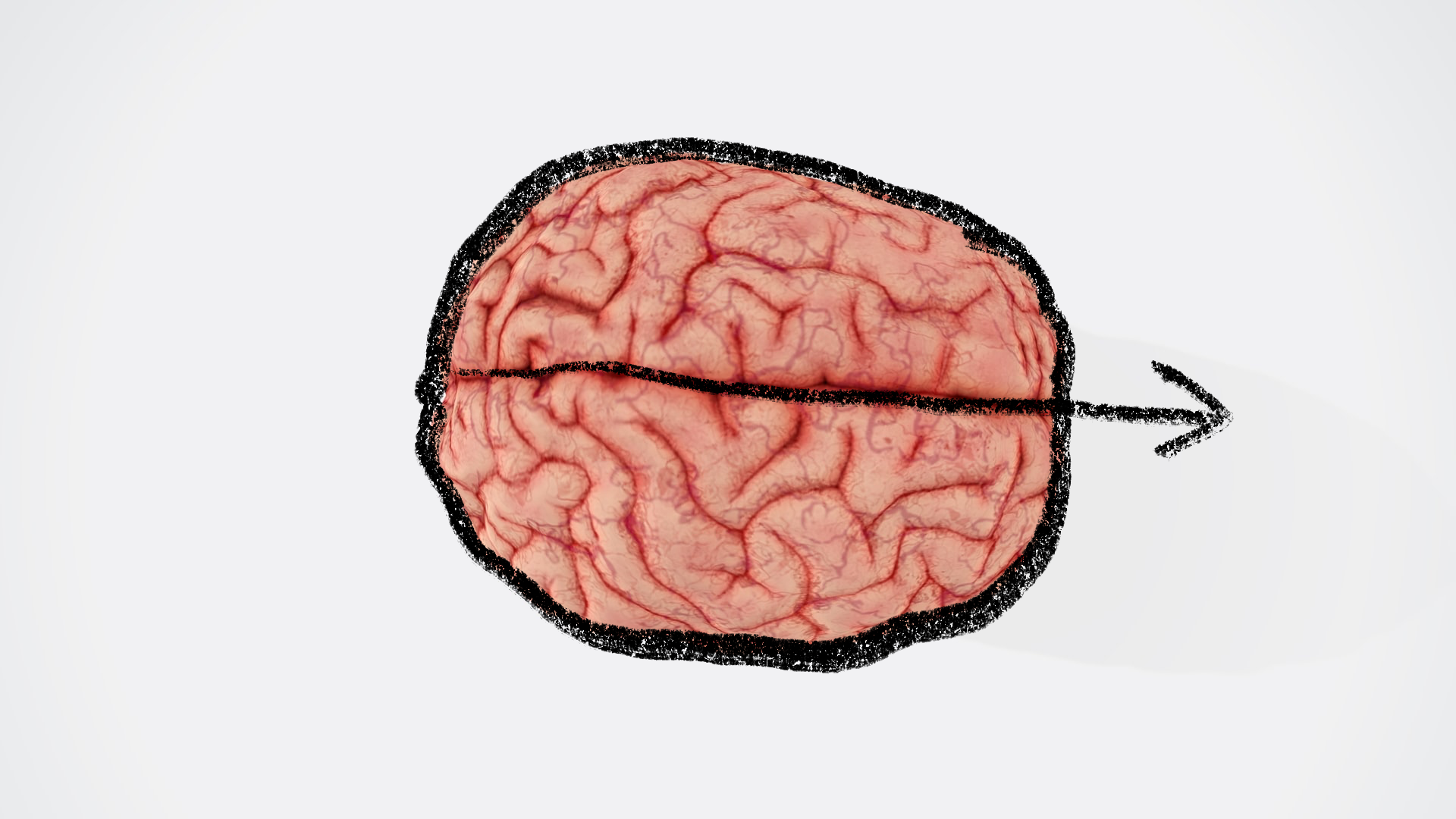For certain goals and skills, knowing how to use the 85% rule to achieve an optimal rate of improvement is straightforward. It’s working at a level of challenge where 85% of your code is clean, 85% of your darts, pucks, and balls hit their targets, and perhaps you get one word wrong in every sentence of a new language.

